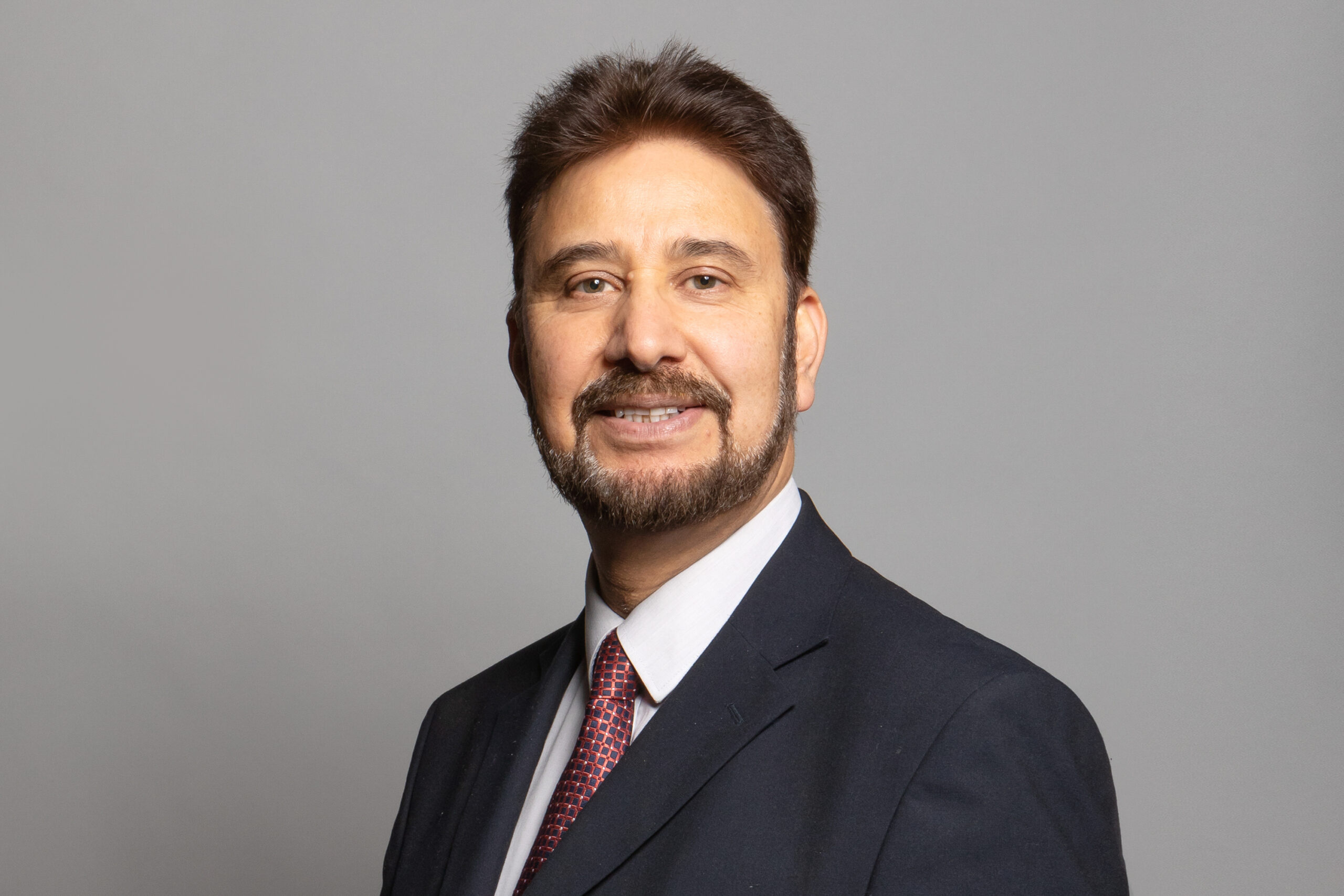At the end of last month I stood up in Parliament to debate the many factors outside of health services that determine the health and wellbeing of our communities.
Where you live should not determine how long you live, and yet in Manchester Rusholme, we have the 19th lowest life expectancy of all constituencies, averaging 77.2 years. This is seven years lower than the healthiest communities. Such a gap demands urgent attention in Westminster and Manchester Rusholme alike.
During my Adjournment Debate on Community Health in Manchester Rusholme, I laid out hidden drivers of health: green space, clean environments, secure livelihoods and decent homes.
Green spaces:
Our local natural environments greatly determine community health, and I have long campaigned for more parks and green spaces. In Manchester, many homes come with just one square metre of garden, making our public green spaces even more important. That’s why I’m proud Manchester Rusholme boasts places like Platt Fields and Alexandra Park, where different communities and cultures can gather, play and exercise.
Beyond leisure, parks are our frontline defence against toxic air, acting as ‘carbon sinks’ absorbing and storing carbon dioxide from the atmosphere and providing much-needed fresh air. Manchester’s air kills over 1,200 people prematurely each year, with babies, pregnant women, the elderly and those with respiratory illnesses most at risk. This must change. I will continue to work with clean air campaigners from across the country to bring down the unacceptable figure and incorporate improving the access to natural spaces.
Clear environments:
However, green spaces cannot heal dirty streets. Fly-tipping and litter plague our wards, and I hear daily from constituents about its impact, eroding their sense of community and trafficking pests and disease. That is why have been pleased to see this issue being prioritised by both Manchester City Council, and now the Government, to get to the root causes of fly-tipping. A clean street is the first step to a confident, connected community, and should be a public-health measure in its own right.
Stable work:
A reliable income underpins both physical health and mental wellbeing. Yet Manchester Rusholme has over 13,000 are not in employment or education and, amongst those in work, 11% are in low-paid employment. Unemployment and poverty fuel stress, anxiety and chronic illness – a burden made heavier by the rising cost of living. Therefore, in order to improve the overall health of our communities, we must first consider the individual factors, such as employment, that can create stability and security.
Decent homes:
Substandard homes, spreading mould, cold and despair, and are a leading cause of deteriorating the health of communities. In Manchester Rusholme, 40% of families rent privately rent, which is twice the national average, and yet one in four of these private homes are classed as non-decent. Taking up a third of the casework sent to me, I am acutely aware of the impact non-decent housing can have on families.
Worse still, there are also racial disparities in housing, and it is shocking that mixed ethnicity households, for example, are more likely to live in houses with damp. Manchester Rusholme’s diversity is its strength, and no one should suffer due to their identity or background. Decent, warm, affordable homes are a human right—not a postcode privilege.
If we want healthier communities, local-level action must go hand-in-hand with NHS reforms. As the Darzi Review made clear, poverty, homelessness, ethnic inequality and learning disabilities all drive disparities at every stage of care. True progress means health equality: ensuring that green spaces, clean streets, secure jobs and decent homes, alongside high-quality care, are not luxuries for some but rights for all.
I would like to thank the many charities, organisations, and volunteers in my constituency working on improving our own community health. But, the weight of improving wellbeing for the constituents of Manchester Rusholme cannot solely be on their shoulders.
As this Labour Government navigates the coming years, I believe we not only have an opportunity, but a duty, to protect our local communities, to encourage them to prosper and flourish, as they have so much to offer.


